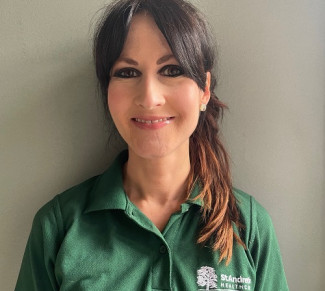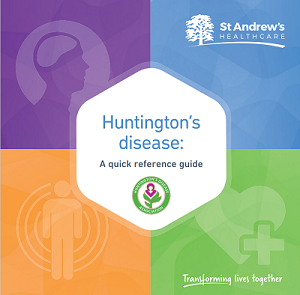- Who we are
- What we do
- Our services
- Our services
- Men's mental health
- Women's mental health
- Child and Adolescent Mental Health (CAMHS)
- Older adult services
- Neuropsychiatry
- Learning disability
- Autistic Spectrum Disorder
- Rehabilitation
- Outpatient services
- Specialist
- Patients & Carers
- Information
- Patient information
- Information for family, friends and carers
- Holistic care
- Co-production
- Frequently asked questions
- Compliments & complaints
- Quick search
- Professionals & referrers
- Careers
- Education
- Education
- Education opportunities
- Placements
- MSc Practitioner in Psychological Trauma
- PGDip Practitioner in Complex Trauma
- CDCT
- Research


 "It's really important that we remember that you can live well with HD and although there isn't a cure at the moment, we can treat the symptoms"
"It's really important that we remember that you can live well with HD and although there isn't a cure at the moment, we can treat the symptoms"










